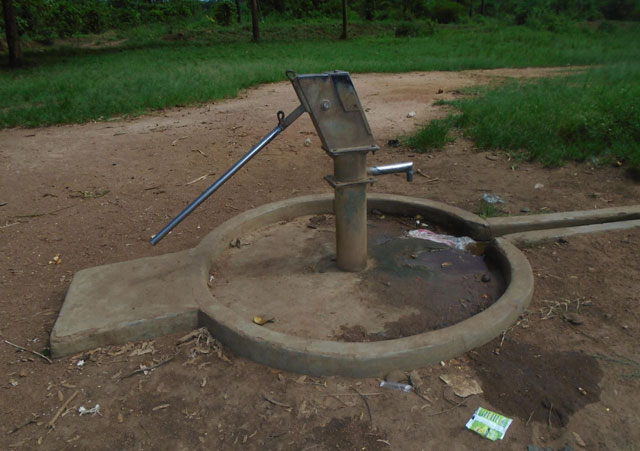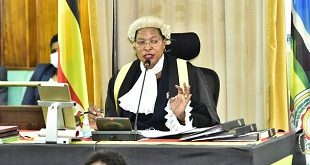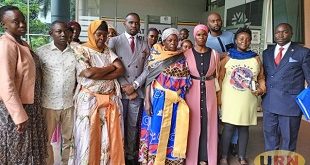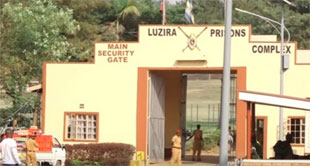
Kampala, Uganda | THE INDEPENDENT | The Ministry of Water and Environment has directed all local governments to repair all non-functional boreholes. The move is to ensure that all Ugandans can have access to water as the country battles an outbreak of coronavirus.
According to the circular dated March 31, the Water Ministry’s Permanent Secretary Alfred Okot Okidi advised all Chief Administrative Officers to let all planned activities within the water department and focus on ensuring that the population in their respective areas access clean water.
“…In line with the preventive measures issued by the President against the spread of the coronavirus, you are hereby advised to prioritize the repair of non-functional boreholes in your districts using the district water grant,” the circular reads.
A 2019 national baseline survey by Sauti za Wananchi (Voices of Citizens) on clean and safe water recently released by Twaweza East Africa shows that boreholes are the main source of drinking water for more households than any other source both in rural and urban areas. Okidi says that he has noticed that most districts have several non functional water points leaving people to trek long distances to fetch water.
“This might be very bad for our people. They need to get water from the nearest water point so that they minimize their movements. All other planned activities can wait and they ensure that our people have water,” Okidi told Uganda Radio Network.
The standard distance one should be away from a water source is 1.5 kilometres. However, as some water points break, many Ugandans in the countryside have to move over 5 kilometres in search of water. In recent months, much of the funds were directed to powered production boreholes which can produce massive water that is later pumped to several water points. However, many of these are still under construction.
Mityana District Water Officer Eng. James Ssonko notes that unless the government provides a special emergency fund, districts might not be able to repair the said boreholes. He notes that there are over 300 non functional boreholes in Mityana yet the said water grant was already used to cater for a few rehabilitations.
Mpigi Water Officer Eng. Joseph Kalegga says the simpler alternative is to operationalize some of the shallow wells. He points out although shallow wells were phased out, some of them still have safe water.
“The option of repairing boreholes is difficult to enforce. There are no funds for such. We had planned to work on only 14 boreholes this financial year which we have already done and there is no more money. We can instead inspect the quality of water in some shallow wells and see which can be used by the communities,” Eng Kalegga observes.
Eng Kalegga adds that much of the boreholes were put out of use because they were producing unsafe water; which is reddish-brown with a rusty smell due to the galvanized materials which were used during the installation which require to be replaced with stainless steel.
Although Okidi never answered queries on whether there is a special emergency fund for the local government, he rather pointed out that using shallow wells as suggested by the Mpigi Water Officer might be dangerous.
According to Uganda water supply atlas, as of March 31, 2020 access to water in Uganda stands at 67 percent with 132,358 domestic water points serving over 27.1 million people of which 22.1 million are in rural areas. The records shade a healthier picture of progress across the country with access rates varying from 32 per cent in Kyegegwa District to 95 per cent in Pader District.
******
URN
 The Independent Uganda: You get the Truth we Pay the Price
The Independent Uganda: You get the Truth we Pay the Price


